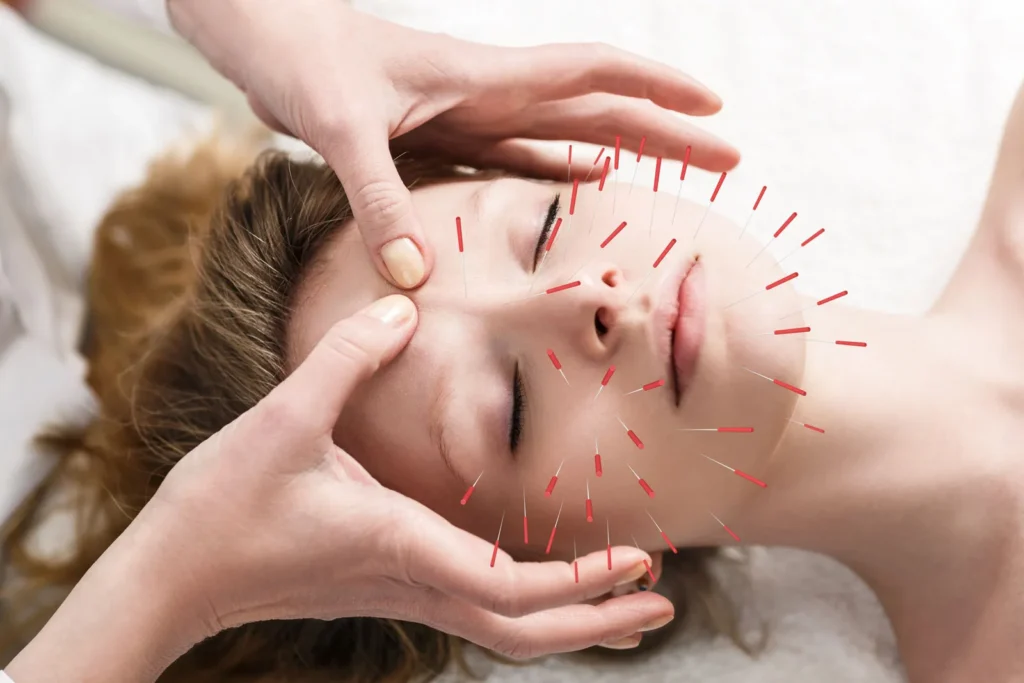Skin disorders can be distressing and affect both physical and emotional well-being. Traditional Chinese Medicine (TCM) offers a unique approach to treating skin conditions by focusing on the underlying imbalances within the body. TCM views the skin as a reflection of internal health and recognizes the importance of addressing the root causes of skin disorders rather than merely treating the symptoms. In this article, we explore the role of Chinese Medicine in managing skin disorders and promoting holistic healing from the inside out.
Understanding the TCM Perspective on Skin Disorders:
In TCM, skin disorders are often attributed to imbalances in Qi (vital energy), Blood, and the body’s organ systems. These imbalances can manifest as various skin conditions, including acne, eczema, psoriasis, and dermatitis. TCM practitioners analyze the patterns of disharmony in the body to determine the underlying causes of skin disorders, taking into consideration factors such as internal organ health, emotional well-being, and external environmental influences.
Herbal Medicine in Treating Skin Disorders:
Herbal medicine is a cornerstone of TCM for treating skin disorders. TCM practitioners prescribe customized herbal formulas to address the specific imbalances and patterns identified in an individual’s condition. These formulas often include a combination of herbs that work synergistically to clear heat, cool inflammation, nourish the skin, and promote detoxification. Herbal medicine helps regulate the body’s internal functions, improve circulation, and support the body’s natural healing process.
Acupuncture for Skin Health:
Acupuncture is another key modality in TCM used to treat skin disorders. Fine needles are inserted into specific acupuncture points along the body’s meridians to restore the balance of Qi and Blood circulation. Acupuncture can help regulate the immune system, reduce inflammation, and promote healing. By stimulating specific points, it can also address underlying imbalances that contribute to skin conditions.
Dietary and Lifestyle Recommendations:
TCM recognizes the connection between diet, lifestyle, and skin health. TCM practitioners may provide dietary and lifestyle recommendations tailored to an individual’s specific condition. These recommendations may include avoiding trigger foods that exacerbate skin conditions, incorporating foods that nourish the skin, and promoting healthy digestion. Lifestyle modifications such as stress reduction techniques, regular exercise, and sufficient sleep are also emphasized to support overall skin health.
External Treatments and Therapies:
TCM may also utilize external treatments to complement herbal medicine and acupuncture for skin disorders. These treatments can include topical herbal ointments, poultices, or washes to soothe and heal the skin. Techniques such as cupping, gua sha, and moxibustion may also be employed to improve circulation and promote healing.
Holistic Approach and Individualized Care:
One of the strengths of TCM in treating skin disorders is its holistic approach and individualized care. TCM practitioners consider the whole person, taking into account the individual’s constitution, lifestyle factors, emotional well-being, and external influences. This comprehensive approach enables personalized treatment plans that address the root causes of skin conditions, leading to long-lasting improvements in skin health.

Traditional Chinese Medicine offers a unique perspective and effective strategies for managing skin disorders by addressing the underlying imbalances within the body. By utilizing herbal medicine, acupuncture, dietary and lifestyle modifications, and external treatments, TCM aims to promote holistic healing from the inside out. Embracing TCM principles can help individuals with skin disorders achieve lasting improvements in their skin health and overall well-being.









